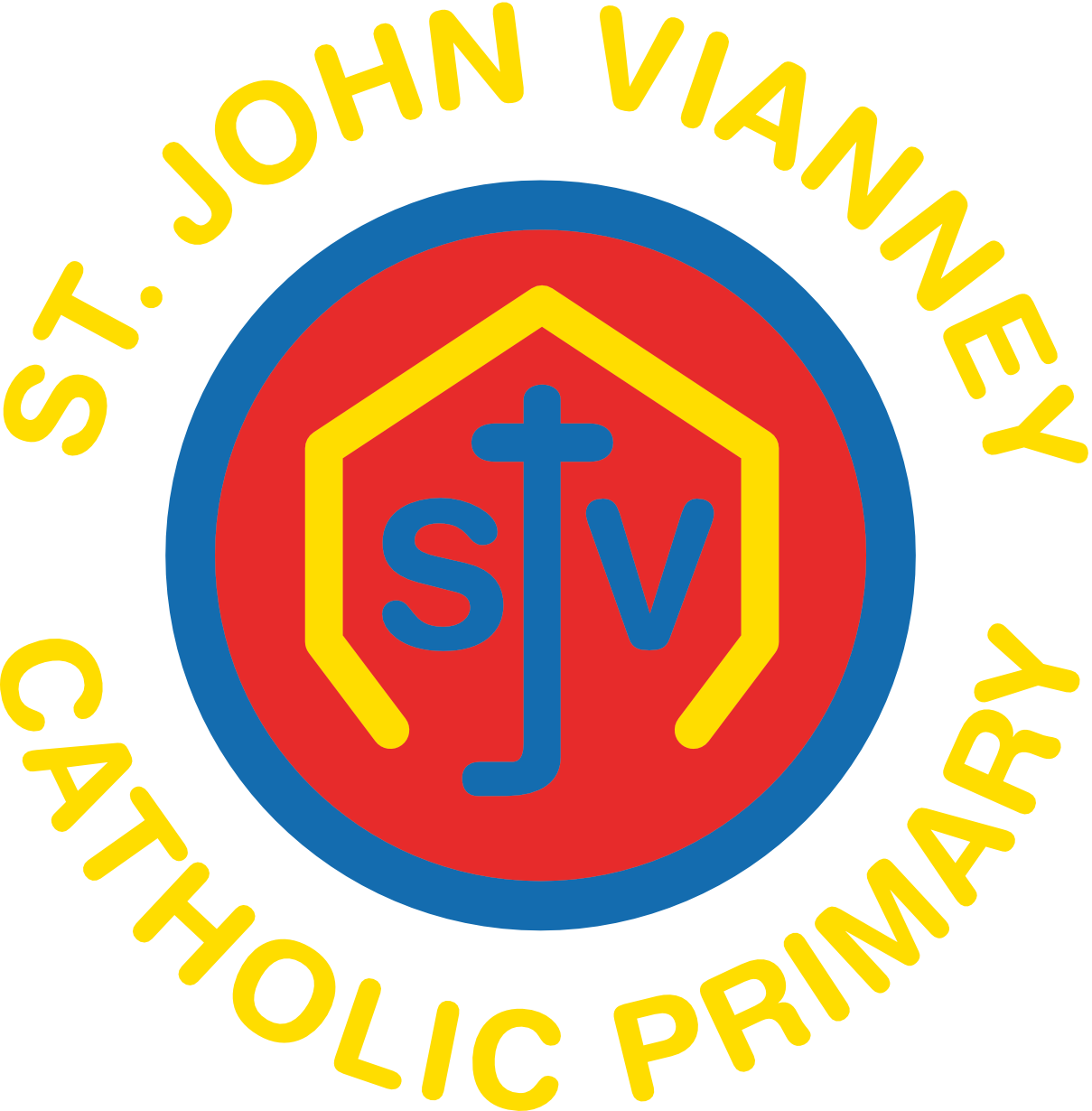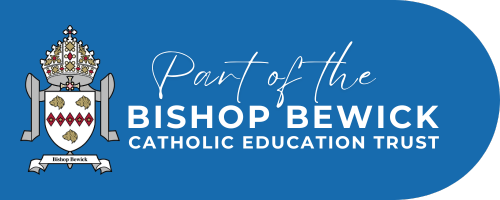
English
English
At St John Vianney, we place English at the heart of everything we do. At the core of our English curriculum is Reading, which is the gateway to the rest of the curriculum and plays a vital role in extending vocabulary and developing comprehension skills across the entire urriculum. Furthermore, it is a life skill which will impact the future of our children.
INTENT:
We want our children to develop a love of Reading, recognising its importance as a tool for learning but also enjoying the pleasure that books can bring. For this reason, our intent is to increase our children’s access to high quality texts, improve vocabulary, challenge children to become more confident, keen and capable readers but, most of all, promote greater enjoyment of books. We recognise that these elements are all intertwined; each relies on the other if our children are to become life-long readers. We achieve this through a range of exciting, enrichment opportunities which have included: visits to Seven Stories, workshops by children’s authors including Vivian French and Adam Bushnell, World Book Day, events led by the Catholic High schools on Shakespeare and other famous writers, visits to the theatre and theatre groups in school and visits by local librarians. All of these activities aim to bring literature to life for all of our children.
These principles underpin our rigorous and robust approach to Reading. Without fluency in Reading, our children will struggle to access a wider curriculum. As research shows, there is a strong relationship between children’s attainment and a school’s reading culture and it is therefore essential that our structured approach aims to overcome these barriers and enable our children to move on from our school as successful and competent readers.
We pride ourselves on offering a rich English curriculum which includes carefully chosen core texts which are responsive to wider cross curricular learning opportunities and reflects today’s society and the needs of our children.
IMPLEMENTATION:
The Reading Journey at St John Vianney
Our children come to St. John Vianney with skills that are broadly in line but increasingly below what is typically expected at the time of entry to school. As a result, Early Years build on a child’s prior knowledge and experience as soon as they start Nursery. They are exposed to stories, rhymes and develop their phonemic awareness in preparation for the Reception curriculum. A lot of effort is put into engaging parental support from the very onset with an Autumn Term Curriculum Evening, which has a strong focus on Reading. Next year, we plan to further develop and support our parent’s understanding of Reading by hosting a Phonics Café.
In Key Stage 1, we build upon the positive progress made throughout Early Years and this is reflected in our phonics results, which have been above national average for the last five years. Parental engagement continues to be a strong focus and we offer further parental workshops at the Curriculum Evenings.
In Key Stage 2, reading progress continues at a pace. Our approach to whole-class Guided Reading across Key Stage 2 (with a simplified version in place in Year 2) ensures that the VIPERS reading skills of Vocabulary, Inference, Prediction, Evaluation, Retrieval and Sequencing/Summarising are targeted and developed across the school.
IMPACT:
We are very proud of how reading and writing is taught in our school and the data in the English Statement document on this page shows that our approach is successful in improving reading and writing skills and outcomes across the school.
CULTURAL CAPITAL:
At St. John Vianney school, we approach cultural capital through English. The Cultural Learning Alliance defines cultural capital as a way to ‘celebrate and embrace the different backgrounds, heritage, language and traditions of all the children living in this country’.
At St. John Vianney school, we promote a varied curriculum that taps into many of the social, moral, spiritual and cultural elements that help a child be prepared for the next step in their lives. This is achieved in a multitude of ways including providing plenty of opportunities to explore new activities through lunchtime and after-school clubs, prioritising school trips (to local theatres and high-schools to participate in, and watch, performances) and providing many opportunities for questioning, curiosity and creativity through the English curriculum delivered. We also aim to build experiences and knowledge through English by immersing children in the language and literature around them. Examples of this in English include: visits to school by visiting storytellers and authors, appreciation and love for books through visits to Seven Stories and local libraries, celebrating texts through time and bringing Reading and Writing to life through visits and visitors to school. Greater Depth School 2017 School 2018 School 2019 School 2022 School 2023 Reading 25% 43% 32% 29% 23% Writing 19% 22% 22% 8% 14% Lunchtime clubs as well as a rich and varied curriculum provide an opportunity to introduce activities to help develop pupils’ cultural capital hands on. These include whole-school Reading projects and outdoor learning activities in addition to providing many external experiences through school trips and visits.


